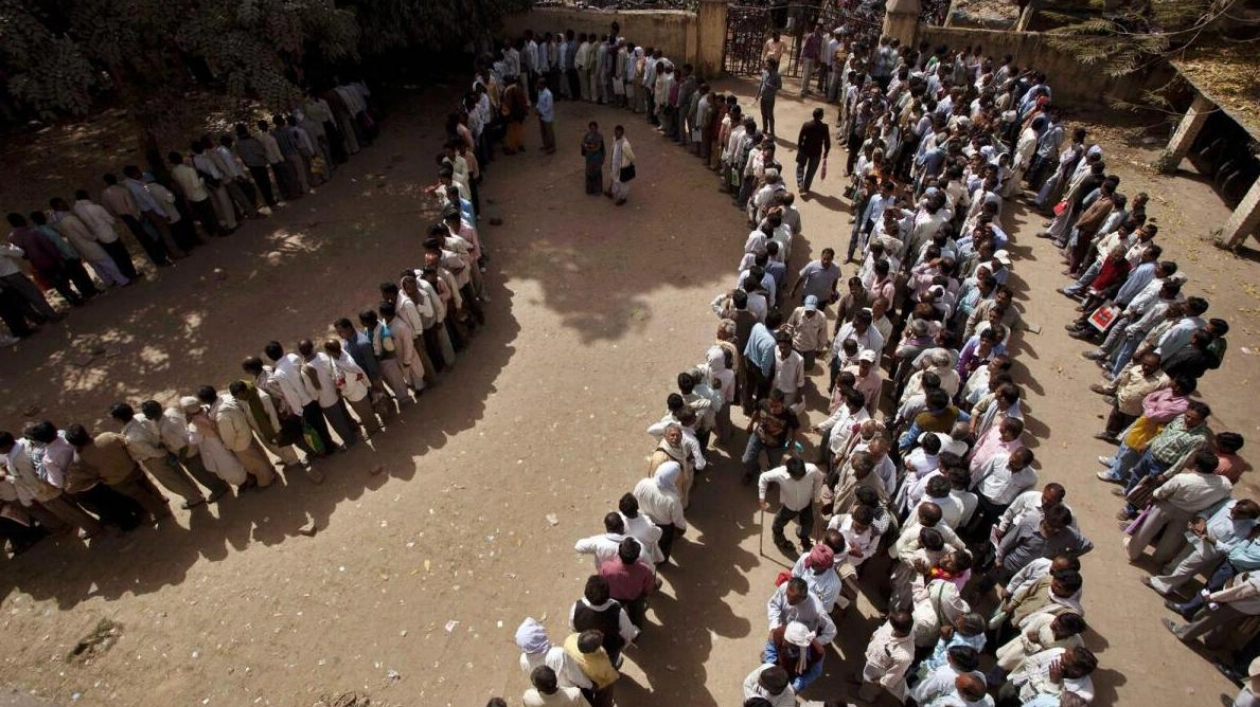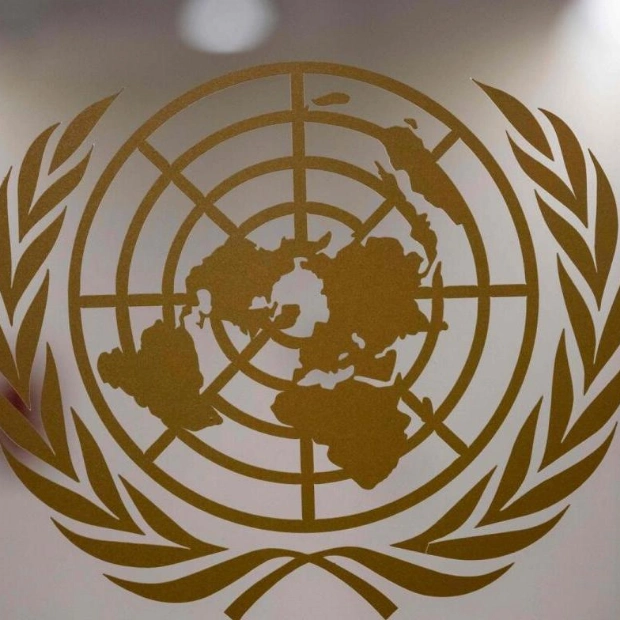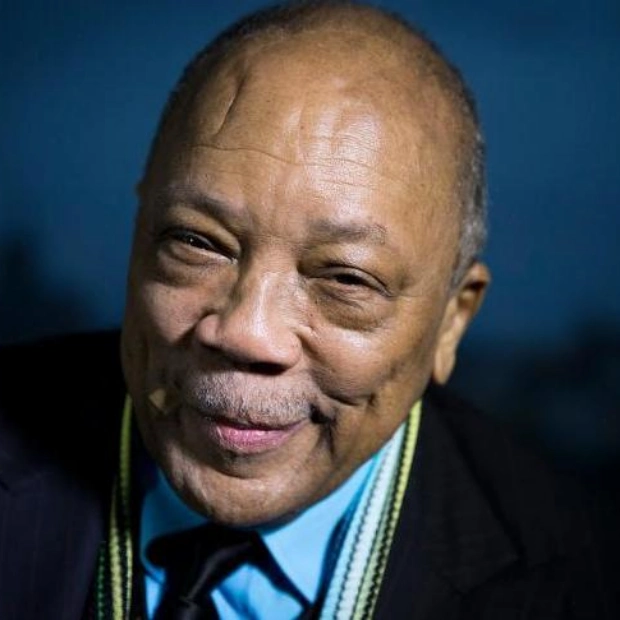Sunil Kumar, aged 30, has dedicated the past nine years to securing a position within the Indian government. Amidst crowded, makeshift classrooms with inadequate lighting and ventilation, Kumar has devoted years to preparing for various examinations, including the esteemed civil services exam required for a federal government bureaucrat role. He has also pursued positions in provincial civil services and lower-level government roles, yet has faced failure in 13 attempts.
A resident of Uttar Pradesh, India's most populous state, Kumar is determined to continue his quest until he reaches 32, the age limit for the civil services exam. "Government jobs offer greater security," Kumar asserts. "If I succeed in the next two to three years, the decade-long struggle will have been worthwhile." Government statistics reveal that 220 million individuals applied for federal jobs between 2014 and 2022, with only 722,000 being successful. Despite India's booming economy and expanding private sector, millions of young Indians annually pursue government positions.
This trend reflects the cultural and economic uncertainties many Indians face. Even within the world's fastest-growing major economy, job opportunities and security remain elusive. Many view government employment as more reliable than private sector jobs in the nation with the largest population. "If a family member secures a government job, the family feels assured for life," explains Zafar Baksh, who manages a training institute for job seekers.
In neighboring Bangladesh, protests against reserved government job quotas resulted in over 100 fatalities. Since 2014, India's GDP has surged from $2 trillion to nearly $3.5 trillion and is projected to grow by 7.2% this year. Aspiring government employees cite lifelong security, health benefits, pensions, and housing as advantages over private sector employment. The demand for cram school classes has surged, attracting major players and shifting lessons online, according to Baksh.
Insufficient quality job opportunities were a key factor in Prime Minister Narendra Modi's party's failure to secure a majority in the recent general election. Government data indicates that 20 million new employment opportunities were created annually since 2017/18, though much of this was in self-employment and temporary agricultural roles. The government is expected to promote job creation through tax incentives and local procurement initiatives, though these measures will take time to impact the job market.
For 22-year-old Pradeep Gupta, a government job represents the pinnacle of career aspirations. "There is honor, job security, and less pressure in a government role," he notes. The competition for government positions is fierce, with nearly 5 million applicants for 60,000 Uttar Pradesh police force vacancies and 4.7 million for 26,000 central government security agency posts. Across all government levels, approximately 6 million positions remain vacant, according to the Indian National Congress.
Maroof Ahmed, who has operated a cram school in Prayagraj since 2014, has seen business thrive. His academy now spans five branches, educating 25,000 to 30,000 students annually through physical and online classes. Despite low success rates of 5-10%, demand remains robust. The allure of government jobs is deeply rooted in attitudes towards work and the current state of India's job market, according to Rituparna Chakraborty, co-founder of staffing firm TeamLease Services.






